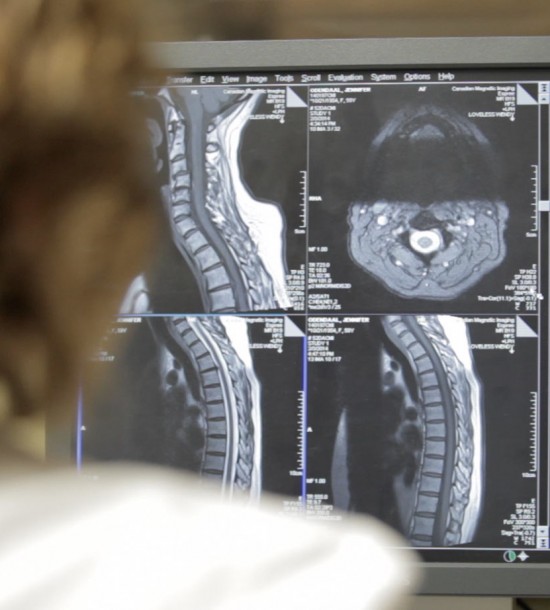Court Awards Our Client Five Times More Than ICBC’s Offer Before Trial
Posted on by Mussio GoodmanMussio Goodman is delighted to declare our recent accomplishment after a ten-day trial in BC Supreme Court. In Mak v. Blackman, 2022 BCSC 931 the Court awarded our client $445,489, more than five times the $80,000 that ICBC had offered our client for injuries our client sustained in two accidents occurring June 2018 and March 2019.
Our client was a 43-year-old wife and mother of two young children. She was also a business analyst at Central 1. Addressing her injuries, the Court stated:
[140] Ms. Mak has suffered soft tissue injuries to her neck, shoulders, low back, and wrist. Her pain is flared from lifting, household chores, hiking, kayaking, badminton, running, and is worse when she attempts to do computer work for long hours. It is hard for her to sit for long road trips or flights. The pain wakes her up at night, and her sleep is not refreshing. The pain and sleeplessness is a cycle.
The expert physiatrist for ICBC claimed that our client’s limitations resulted from being scared of getting hurt and argued that pain has to be actively injuring a person further before they can limit their work or social life. The Court made short shrift of this argument as follows:
[94] Dr. Acharya’s opinion on the relationship between pain and limitations would lead to the conclusion that a person who has chronic pain syndrome must endure constant flare-ups of pain at a significant detriment to their quality of life simply because they are not further damaging their muscles and ligaments. With respect, this conclusion cannot be correct. While pain is undoubtedly subjective, it is real and the effect it has on people’s lives cannot be ignored. It is reasonable to expect an injured person to engage in activities, even where they cause some pain. It is not reasonable to dismiss the impact that pain can have entirely.
Moreover, this expert’s apparent bias was exposed during cross examination. The expert first insisted our client’s wrist injury was not caused by the March 19 accident, but when cross examined and presented with the clinical records of our client, he conceded it was indeed possible:
[97] … Dr. Acharya explained that he sees patients with wrist injuries, including TFCC tears, frequently. In his opinion, Ms. Mak’s TFCC tear was not caused by either of the Accidents. He based this conclusion, in part, on his view that an individual suffering a TFCC tear arising from a physical trauma would report pain shortly after that trauma and he did not believe that Ms. Mak had done so. However, on cross-examination, Dr. Acharya acknowledged that there were indications in the clinical records following the Second Accident that showed symptomatology that either could or did show right wrist symptoms related to a TFCC tear. Ms. Mak also told Dr. Acharya this but he seems to have disregarded it and he provided no explanation for having done so.
However, later in the cross examination, the expert fell back to his earlier stance of asserting the accident didn’t cause the injury, refusing to acknowledge what he had just earlier admitted to. He revealed the weakness of his position and contradicted himself in the process. The inconsistency of the expert’s testimony was observed and not viewed favourably by the Court:
[99] … Dr. Acharya’s reluctance to concede the possible link between the Second Accident and the wrist injury after being shown the clinical records indicating that Ms. Mak reported pain shortly after the accident is troublesome. […] I give Dr. Acharya’s opinion with respect to Ms. Mak’s wrist injury little weight.
Mak v. Blackman is indicative of how ICBC’s experts can call into question their own supposed role of being “independent”. They can make irrational and biased arguments in order to diminish an injured person’s compensation. These arguments can be disassembled with conscientious and incisive cross examination. Mussio Goodman is very experienced in knowing what to expect from ICBC’s experts and will make sure that our client’s case is safeguarded from those who seek to taint it.
Tweet



